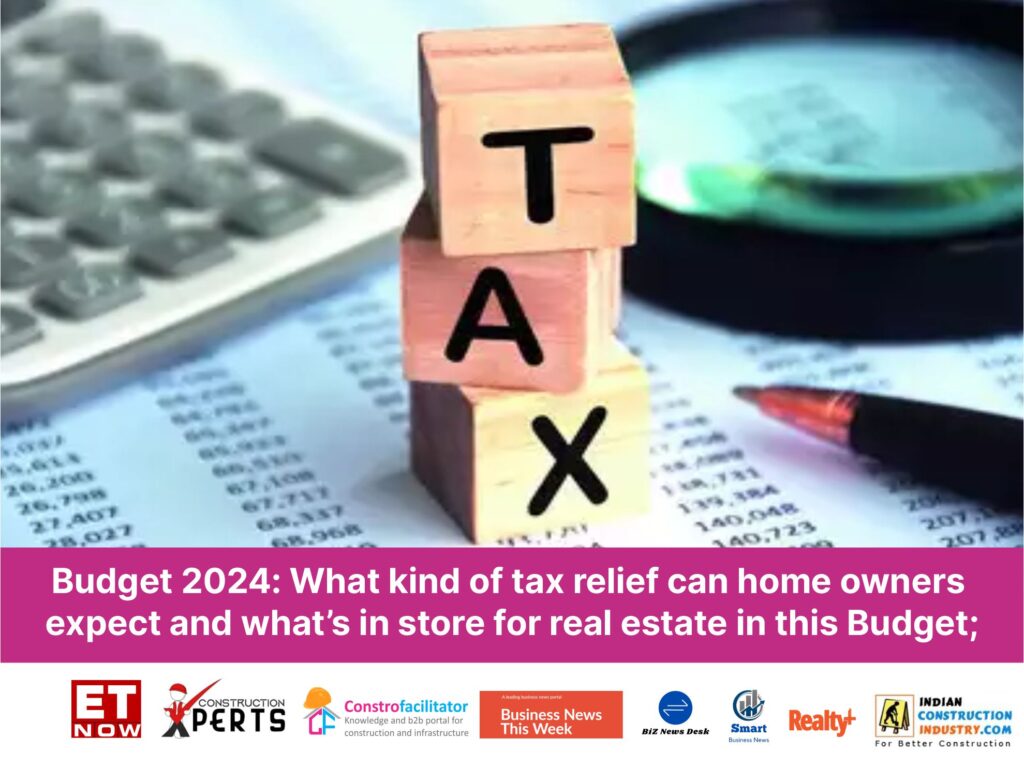
The real estate players are anticipating policy reforms that can further improve investment in the segment from foreign as well as domestic sources, revision in affordability housing caps, changes in taxation rules for property purchases, deduction in home loan interest rates, industry status for real estate, among other incentives.
With a contribution of over 7-8 per cent to the GDP of the country, India’s real estate sector, also being a critical driver for employment and economic growth, is poised for further momentum in the upcoming Budget. Given the importance of the sector, it is no wonder that the real estate industry is keenly looking forward to the Union Budget for FY25 which is likely to be tabled in the Parliament by Finance Minister Nirmala Sitharaman on July 23 or 24.
With increasing demands for housing, office spaces, and commercial zones, the industry is looking forward to crucial policy changes under the Modi 3.0 administration. The real estate players are anticipating policy reforms that can further improve investment in the segment from foreign as well as domestic sources, revision in affordability housing caps, changes in taxation rules for property purchases, deduction in home loan interest rates, industry status for real estate, among other incentives.
Gaurav K Singh, Founder & Chairman, Womeki Group
Key expectations include tax incentives, such as reductions in GST rates on construction materials and real estate transactions, which would lower costs and improve affordability. We also hope for increased tax deductions on home loan interest and principal repayments to encourage home purchases. Additionally, we expect enhanced regulatory and infrastructural support from the government. Implementing a single window clearance system to streamline project approvals will reduce delays and increase efficiency. We also hope for increased investment in urban infrastructure, such as roads, water supply, and sewage systems, alongside affordable housing schemes like the Pradhan Mantri Awas Yojana (PMAY) to support new housing developments. Incentives for green building practices and smart city initiatives are anticipated to promote sustainable and technologically advanced urban development, enhancing the sector’s long-term appeal and functionality.
Featured on Financial Express, MSN.

